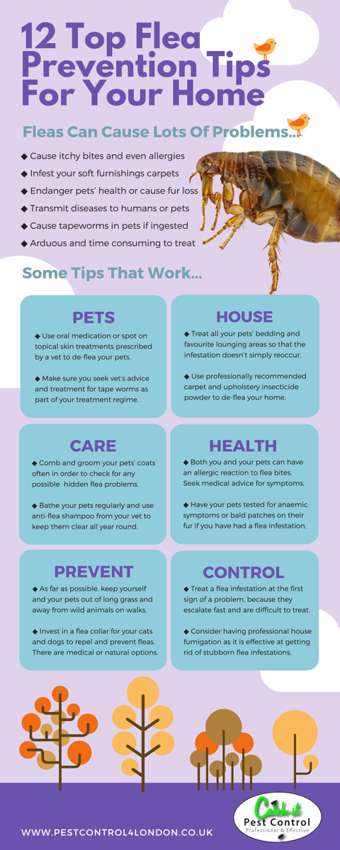The Keys Of Parasite Control Pros! Let Loose The Power Of Sophisticated Methods And Say Goodbye To Pesky Pests Permanently
The Keys Of Parasite Control Pros! Let Loose The Power Of Sophisticated Methods And Say Goodbye To Pesky Pests Permanently
Blog Article
Author-Bynum Raahauge
Are you tired of relying exclusively on sprays to manage parasites in your house or work environment? While sprays can be effective, pest control specialists have established sophisticated techniques that go beyond simply spraying chemicals.
These methods not just offer extra reliable and long-lasting services, yet likewise focus on lessening making use of dangerous chemicals. By discovering these advanced techniques, you will find a whole new globe of bug control techniques that are not only efficient, however likewise environmentally friendly.
So, are you prepared to take your parasite control video game to the following level?
Integrated Insect Monitoring (IPM)
If you're trying to find an efficient and environmentally-friendly approach to pest control, Integrated Insect Monitoring (IPM) is the service you require. IPM focuses on long-term prevention and monitoring of insects, as opposed to just counting on chemicals. This technique takes into consideration the particular requirements and habits of parasites, in addition to the surrounding setting.
By utilizing best spider killer of methods such as organic control, habitat adjustment, and targeted chemical usage, IPM intends to decrease the dependence on chemical treatments and reduce injury to non-target organisms.
One essential aspect of IPM is keeping track of and determining insects precisely. This involves consistently evaluating and analyzing the pest populace, in addition to identifying the specific types existing. By comprehending natural ant control and actions of parasites, bug control experts can establish targeted methods to interrupt their life process and decrease their numbers.
An additional important component of IPM is using non-chemical control methods whenever feasible. This can include physical barriers, such as setting up displays or sealing fractures and openings, to prevent bugs from going into structures. In addition, cultural techniques, like correct cleanliness and waste management, can help get rid of pest food resources and reproducing premises.
When pesticides are required, IPM concentrates on utilizing them deliberately and as a last resort. This suggests picking the least hazardous and most effective option, applying it specifically and only to affected locations, and following all safety standards. By reducing pesticide use, IPM lowers the potential threats to human health and the environment.
Biological Control
To better enhance the performance of Integrated Bug Management (IPM), the following subtopic we'll check out is the technique of biological control. This strategy makes use of all-natural killers or bloodsuckers to manage insects.
Below are four key aspects of biological control:.
1. Introduction of all-natural opponents: In this technique, useful pests or microorganisms are presented to the area infested with insects. These all-natural adversaries victimize the pests, helping to reduce their populace.
2. Conservation of all-natural opponents: Rather than presenting new organisms, this approach focuses on developing an ideal environment for existing advantageous insects. This can be accomplished through offering food, shelter, and water sources.
3. Enhancement: Right here, the number of natural opponents is increased artificially by breeding and launching them right into the infested location. This assists to rapidly minimize the pest populace.
4. Push-pull method: This method combines repellents and attractants to manipulate the behavior of bugs. Repellents push pests away from crops, while attractants tempt them in the direction of catch crops or areas where they can be quickly regulated.
Environment Modification
Environment alteration plays a vital role in bug control by altering the setting to discourage bug invasions. By making changes to the physical characteristics of a room, you can produce an inhospitable setting for insects, making it harder for them to make it through and grow.
One usual technique of habitat adjustment is removing or reducing possible food resources for parasites. This can consist of appropriate waste monitoring, securing containers, and cleaning up food crumbs.
Furthermore, removing or minimizing locations of standing water can assist control bugs like mosquitoes.
Changing the landscape by cutting trees and hedges away from buildings can likewise stop parasites from accessing your building.
Final thought.
So there you have it - the innovative methods made use of by insect control specialists exceed simply spraying chemicals. Integrated Insect Monitoring (IPM) integrates various methods to successfully regulate insects, while biological control harnesses natural opponents to keep bug populations in check.
Habitat adjustment likewise plays a crucial role in protecting against parasite infestations.
Did you know that according to a study, applying IPM strategies lowered chemical usage by approximately 71%? This not only shields our health and the environment but likewise saves cash in the long run.
